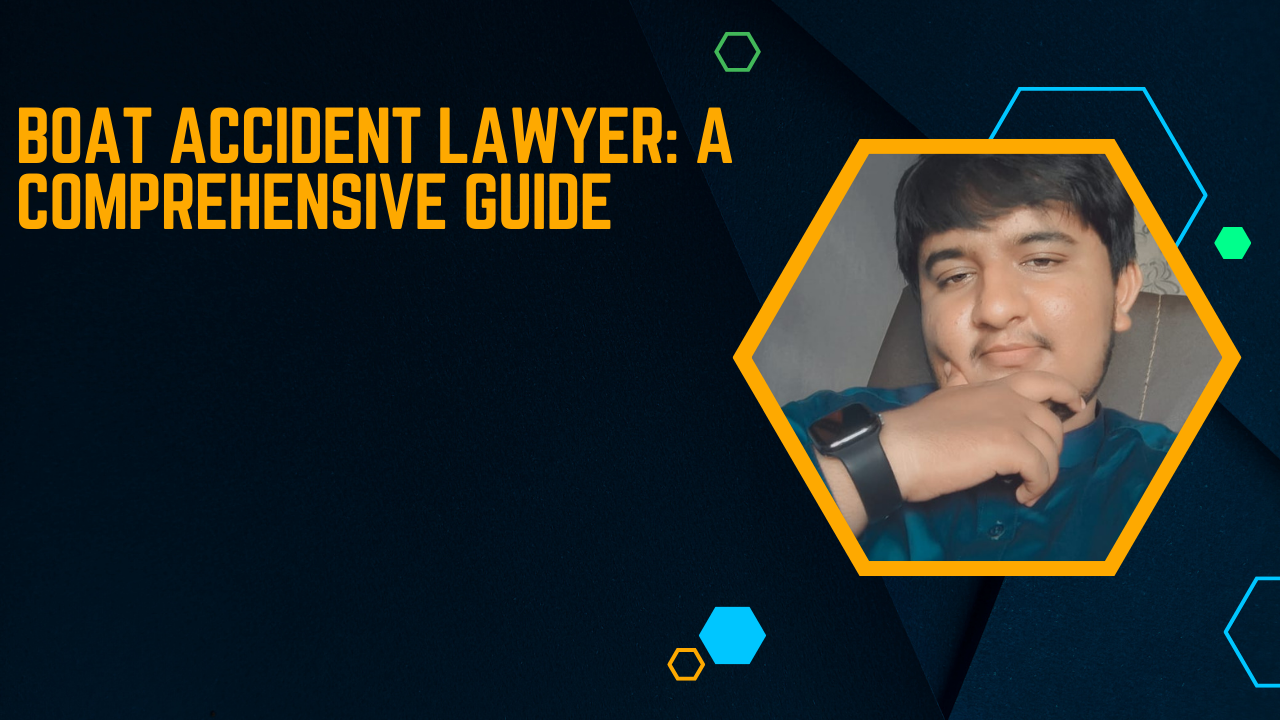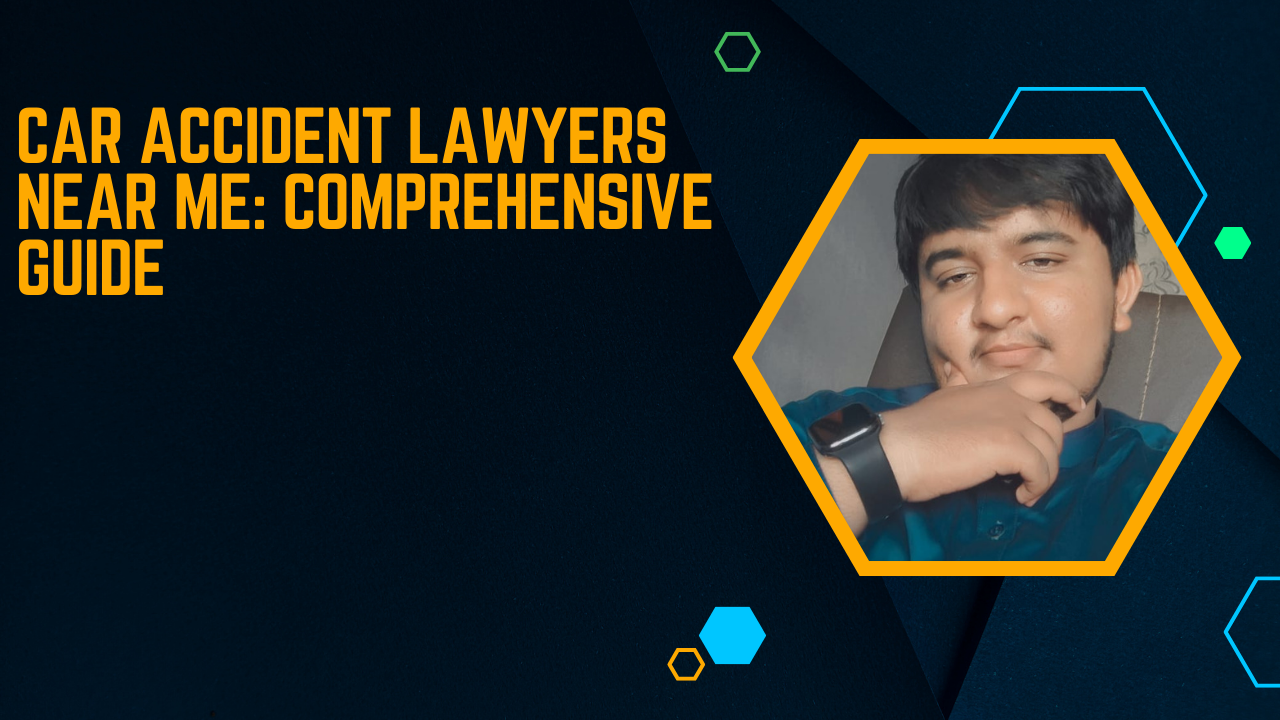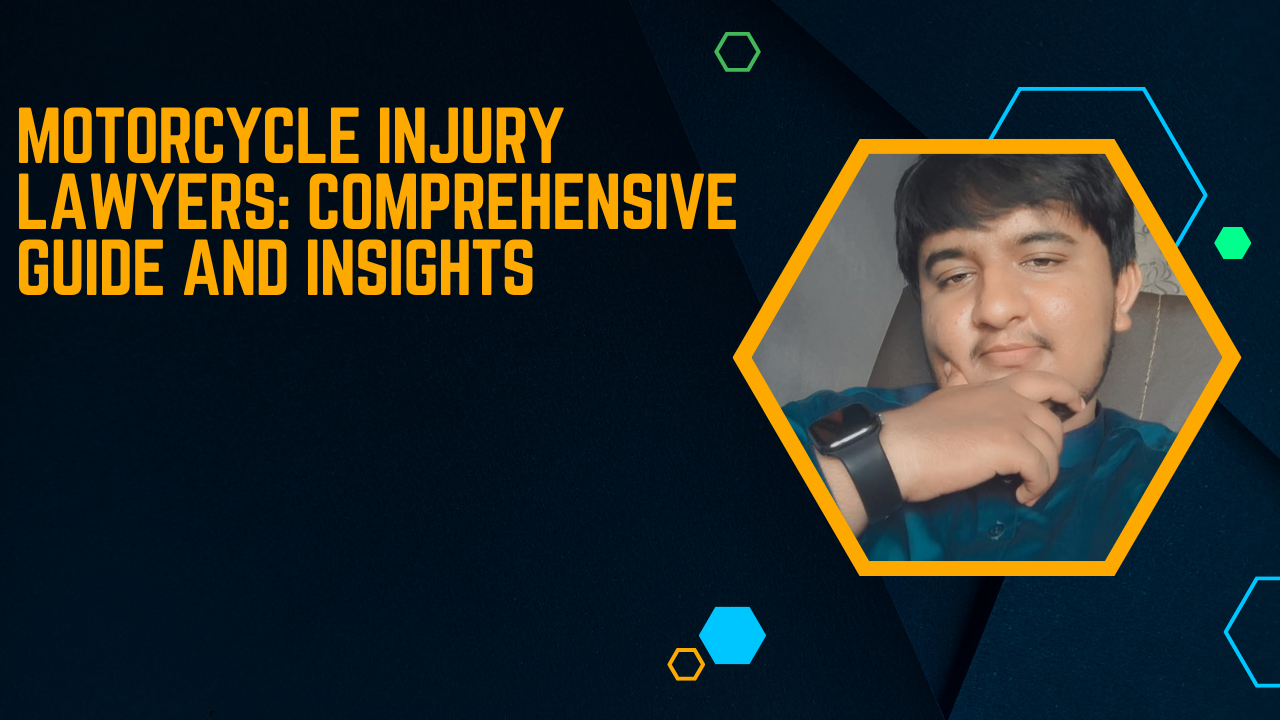Introduction
Boating is a popular activity enjoyed by millions across the globe. However, like any form of transportation, it comes with its own set of risks and hazards. When accidents occur, the consequences can be severe, resulting in significant injuries, property damage, or even fatalities. This is where a boat accident lawyer steps in, providing essential legal representation to navigate the complexities of maritime law and secure fair compensation for victims. This guide aims to explore the role of boat accident lawyers, the legal landscape surrounding boating incidents, and crucial steps to take if you find yourself involved in such an unfortunate event.
Types and Categories
Recreational Boat Accidents
Recreational boat accidents are common, especially in popular boating areas. These can involve personal watercraft, sailboats, or motorboats and often occur due to operator inexperience, high speeds, or alcohol use.
Commercial Boat Accidents
Commercial boat accidents typically involve vessels used for business purposes, such as ferries, cargo ships, and commercial fishing boats. These incidents can be particularly complex due to the various regulations governing commercial maritime operations.
Cruise Ship Accidents
Cruise ship accidents can range from onboard injuries due to slips and falls to more severe incidents like collisions or onboard fires. Given the number of passengers and the potential for large-scale injuries, these cases can be highly complex.
Fishing Boat Accidents
Fishing boat accidents often occur in challenging conditions, with factors like equipment failure, adverse weather, and navigational errors playing significant roles. These incidents can lead to serious injuries or fatalities.
Yacht and Luxury Boat Accidents
Yacht and luxury boat accidents, while less common, can still result in significant damage and injury. These cases often involve high-value assets and require specialized legal expertise.
Causes and Risk Factors
Human Error
Human error is a leading cause of boat accidents. This can include inexperience, poor judgment, and lack of proper training. Operators failing to follow safety protocols or misjudging navigational challenges often lead to accidents.
Equipment Failure
Mechanical failures, such as engine breakdowns, steering malfunctions, or other critical equipment failures, can lead to severe boating accidents. Regular maintenance and inspections are crucial to prevent such occurrences.
Weather Conditions
Sudden changes in weather can pose significant risks to boaters. High winds, heavy rain, and fog can all impair visibility and maneuverability, leading to accidents.
Navigational Errors
Incorrect navigation, whether due to misreading charts or failing to use navigation tools correctly, can result in collisions with other vessels or obstacles.
Alcohol and Substance Abuse
Operating a boat under the influence of alcohol or drugs is a major risk factor for accidents. Impaired judgment and delayed reaction times significantly increase the likelihood of an incident.
Legal Framework
Maritime Law
Maritime law, also known as admiralty law, governs boating accidents. It is a specialized field that covers a wide range of issues, from personal injury claims to environmental regulations.
State vs. Federal Jurisdiction
Determining whether state or federal laws apply depends on where the accident occurred. Navigable waters, like rivers and oceans, typically fall under federal jurisdiction, while non-navigable waters might be governed by state laws.
The Jones Act
The Jones Act provides protection for seamen injured in the course of their employment. It allows them to seek compensation from their employers for negligence or unseaworthy conditions.
Longshore and Harbor Workers’ Compensation Act
This act provides compensation to dock workers, harbor workers, and other maritime employees who are injured on the job. It covers medical expenses, lost wages, and rehabilitation costs.
Hiring a Boat Accident Lawyer
When to Hire a Lawyer
If you’ve been involved in a boat accident, it’s crucial to hire a lawyer as soon as possible. Early legal intervention can help preserve evidence, gather witness statements, and build a strong case.
Steps in Hiring a Lawyer
- Research potential lawyers specializing in maritime law.
- Check their credentials and experience.
- Read reviews and testimonials.
- Schedule consultations to discuss your case.
Qualities to Look for in a Lawyer
Look for a lawyer with specific experience in boating accidents, strong negotiation skills, and a thorough understanding of maritime law. Good communication and a transparent fee structure are also important.
Cost Considerations
Many boat accident lawyers work on a contingency fee basis, meaning they only get paid if you win your case. It’s essential to understand their fee structure and any additional costs that might arise during the legal process.
Initial Consultation
What to Expect
During your initial consultation, the lawyer will review the details of your case, discuss potential legal strategies, and outline the next steps. This is also your opportunity to ask questions and gauge your comfort level with the lawyer.
Questions to Ask Your Lawyer
- What is your experience with boat accident cases?
- How do you approach case investigations?
- What is your success rate in similar cases?
- How do you handle communication and updates?
Documents to Bring
Bring any relevant documents, such as accident reports, medical records, witness statements, and insurance information. These documents will help your lawyer assess the strength of your case.
Building a Case
Evidence Collection
Gathering evidence is critical in building a strong case. This includes photographs of the accident scene, damage to the boat, and any injuries sustained.
Witness Statements
Witnesses can provide valuable insights into how the accident occurred. Collect contact information and statements from anyone who saw the incident.
Accident Reconstruction
Accident reconstruction experts can recreate the events leading up to the accident, providing a detailed analysis that can support your claim.
Medical Records and Reports
Documenting your injuries with medical records and reports is essential. These documents will help establish the extent of your injuries and the associated costs.
Legal Proceedings
Filing a Claim
Your lawyer will file a claim on your behalf, outlining the details of the accident, the injuries sustained, and the compensation sought. This initiates the legal process.
Pre-Trial Processes
Pre-trial processes include discovery, where both parties exchange evidence, and depositions, where witnesses and involved parties give sworn testimony.
Settlements vs. Court Trials
Many boat accident cases are settled out of court. Settlements can provide quicker resolution and avoid the uncertainties of a trial. However, if a fair settlement cannot be reached, your case may go to trial.
Appeals Process
If the court’s decision is not in your favor, you may have the option to appeal. Your lawyer will guide you through the appellate process, seeking a review of the initial decision.
Compensation
Types of Compensation
Compensation can include medical expenses, lost wages, pain and suffering, and property damage. Each case is unique, and the specific compensation will depend on the circumstances.
Calculating Damages
Calculating damages involves assessing the total cost of your injuries, including future medical expenses and lost earning potential. Your lawyer will work with experts to determine a fair amount.
Punitive Damages
In cases of gross negligence or intentional harm, you may be entitled to punitive damages. These are designed to punish the wrongdoer and deter similar behavior in the future.
Wrongful Death Claims
If a boat accident results in a fatality, surviving family members can file a wrongful death claim. This seeks compensation for the loss of a loved one, including funeral expenses and loss of companionship.
Preventive Measures
Safety Tips for Boat Operators
Boating safety begins with the operator. Always follow boating laws, maintain situational awareness, and avoid risky behaviors.
Safety Gear and Equipment
Ensure your boat is equipped with essential safety gear, including life jackets, fire extinguishers, and communication devices. Regularly inspect and maintain this equipment.
Training and Certification
Proper training and certification can significantly reduce the risk of accidents. Consider taking boating safety courses and keeping your certifications up to date.
Weather Precautions
Always check the weather forecast before heading out



